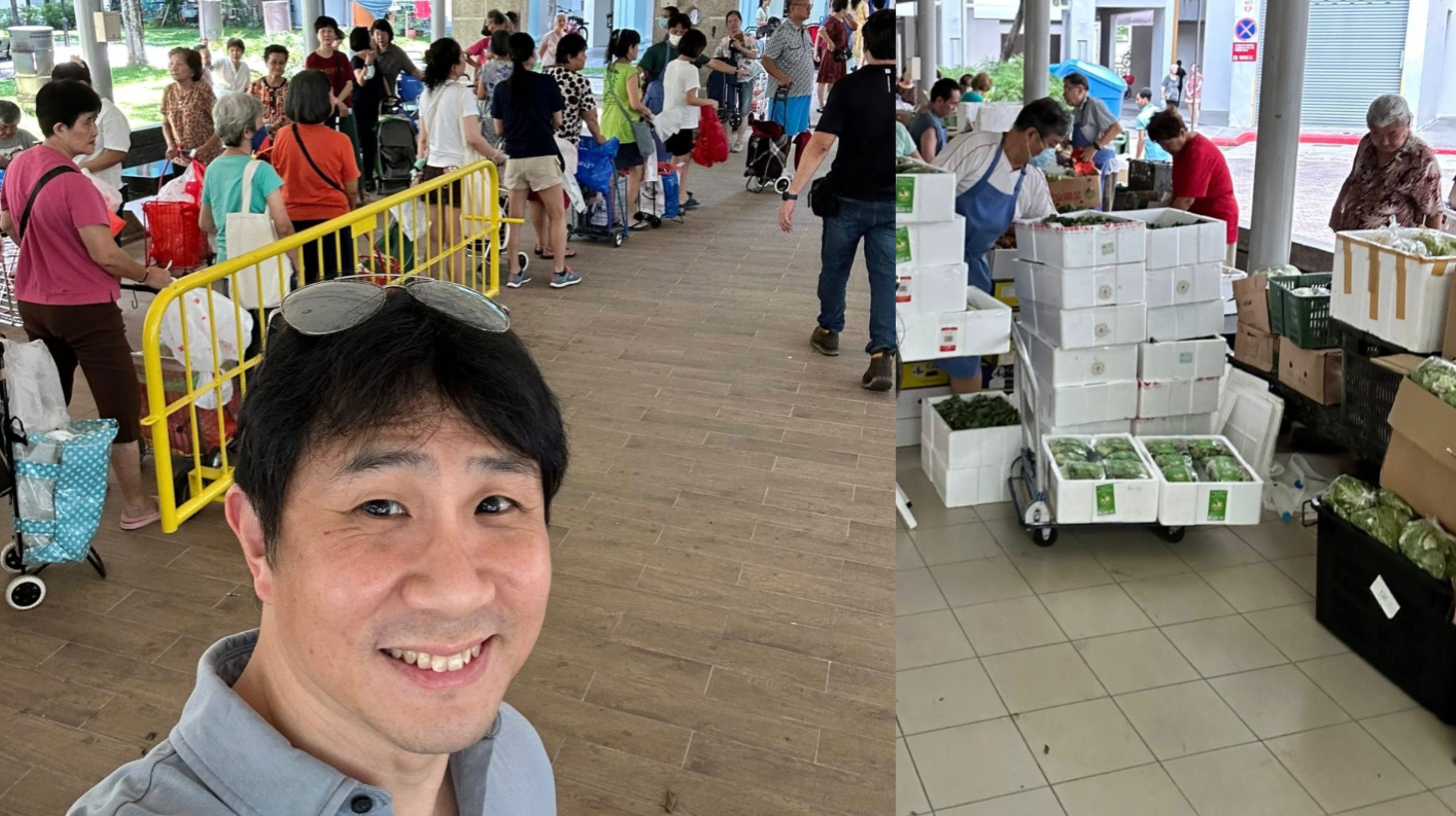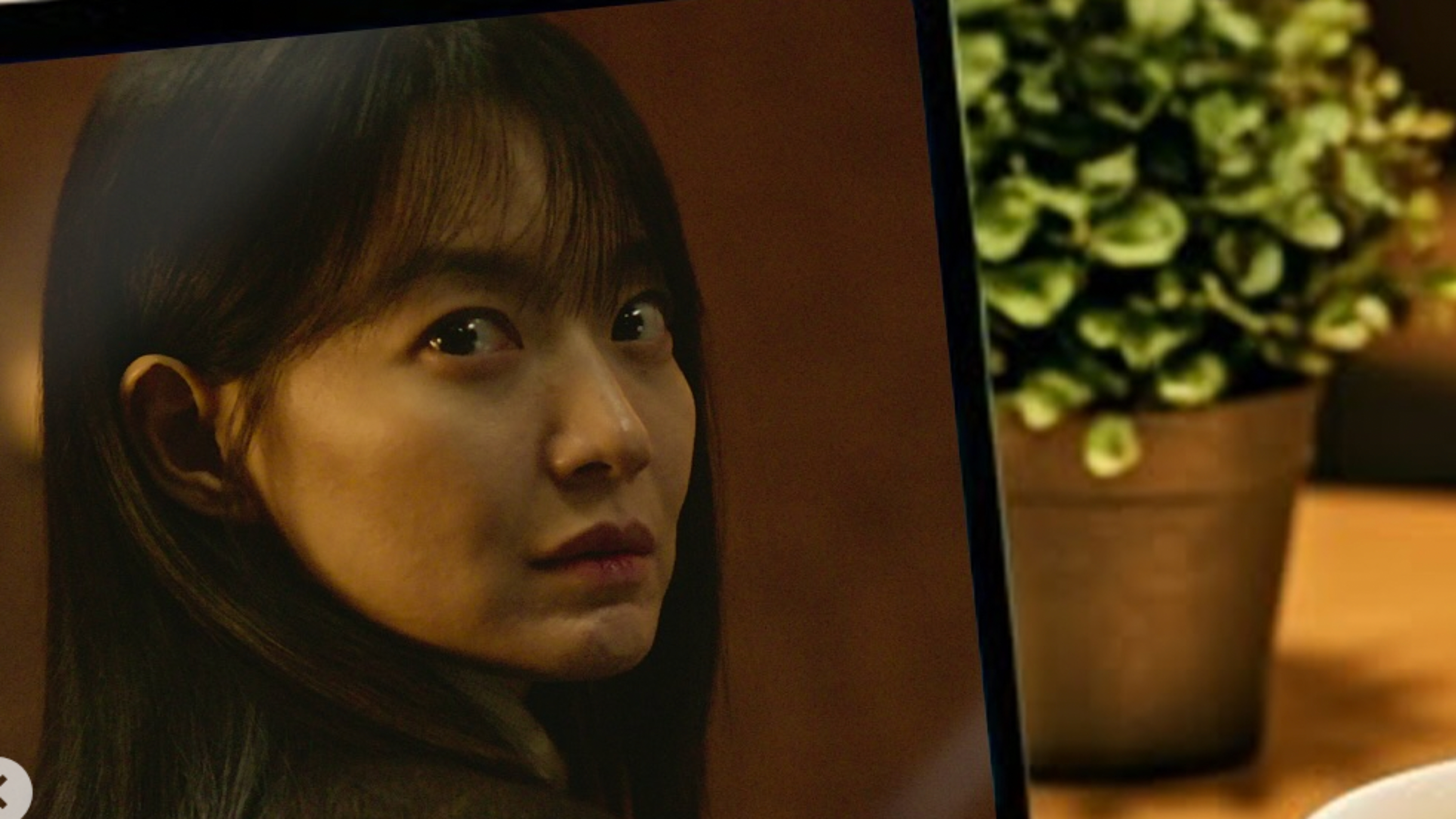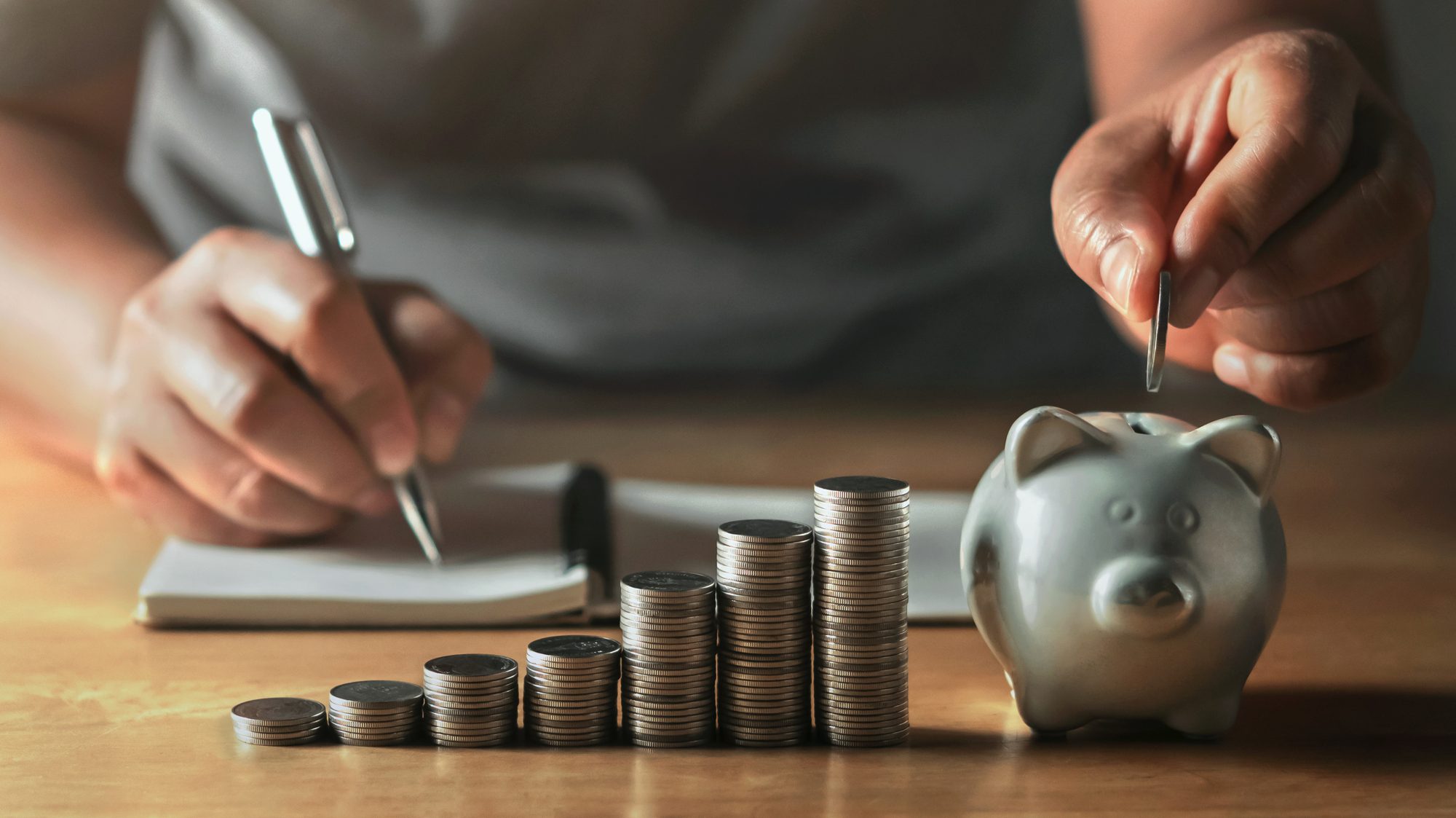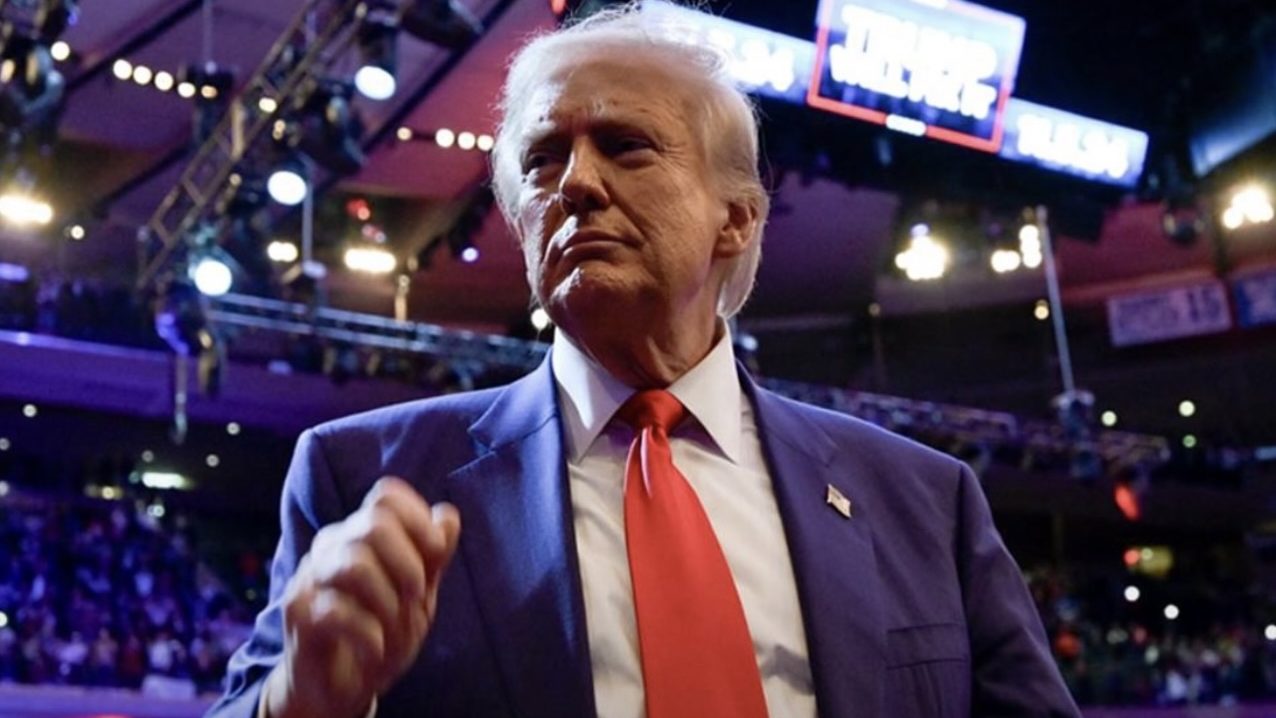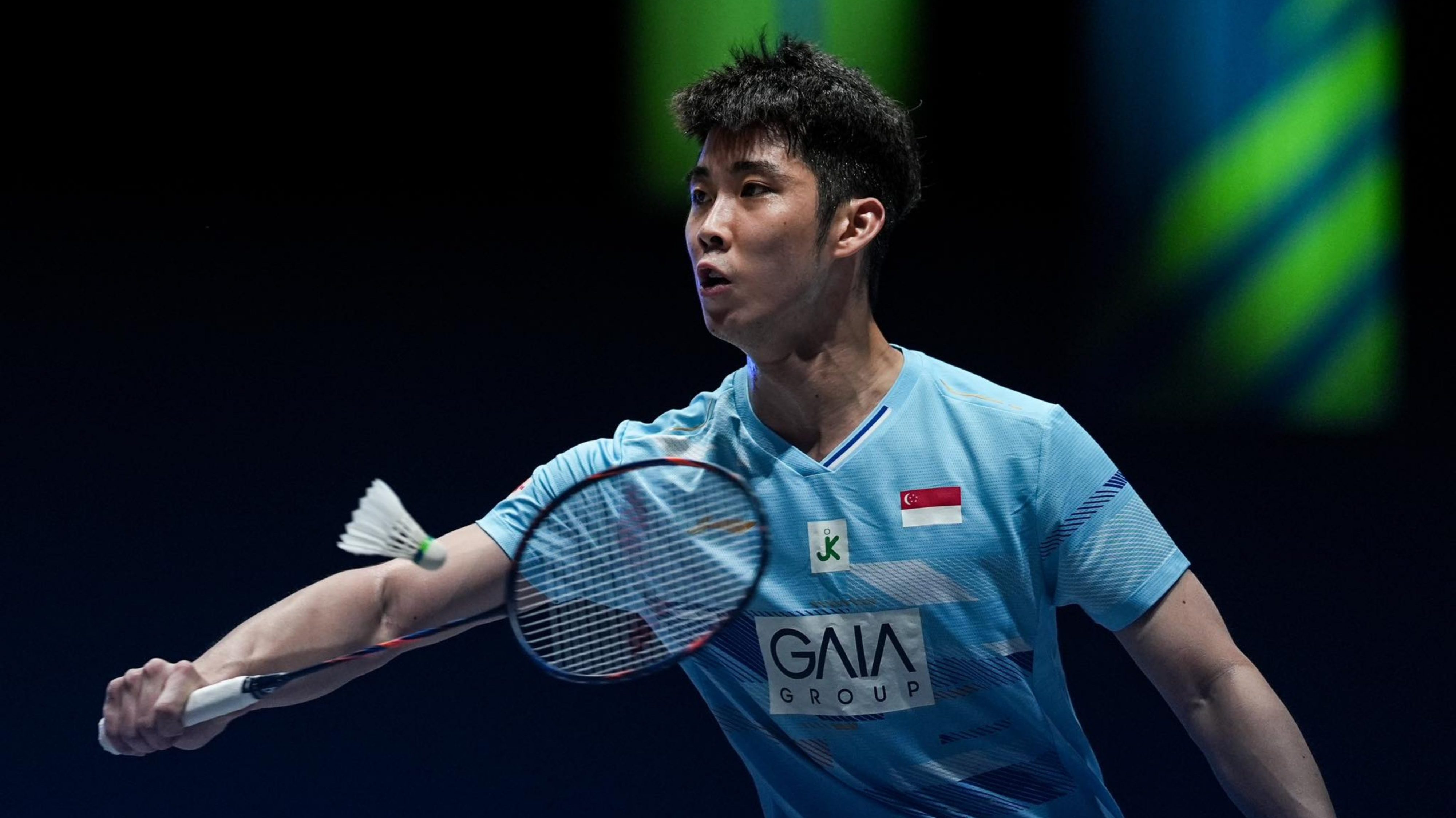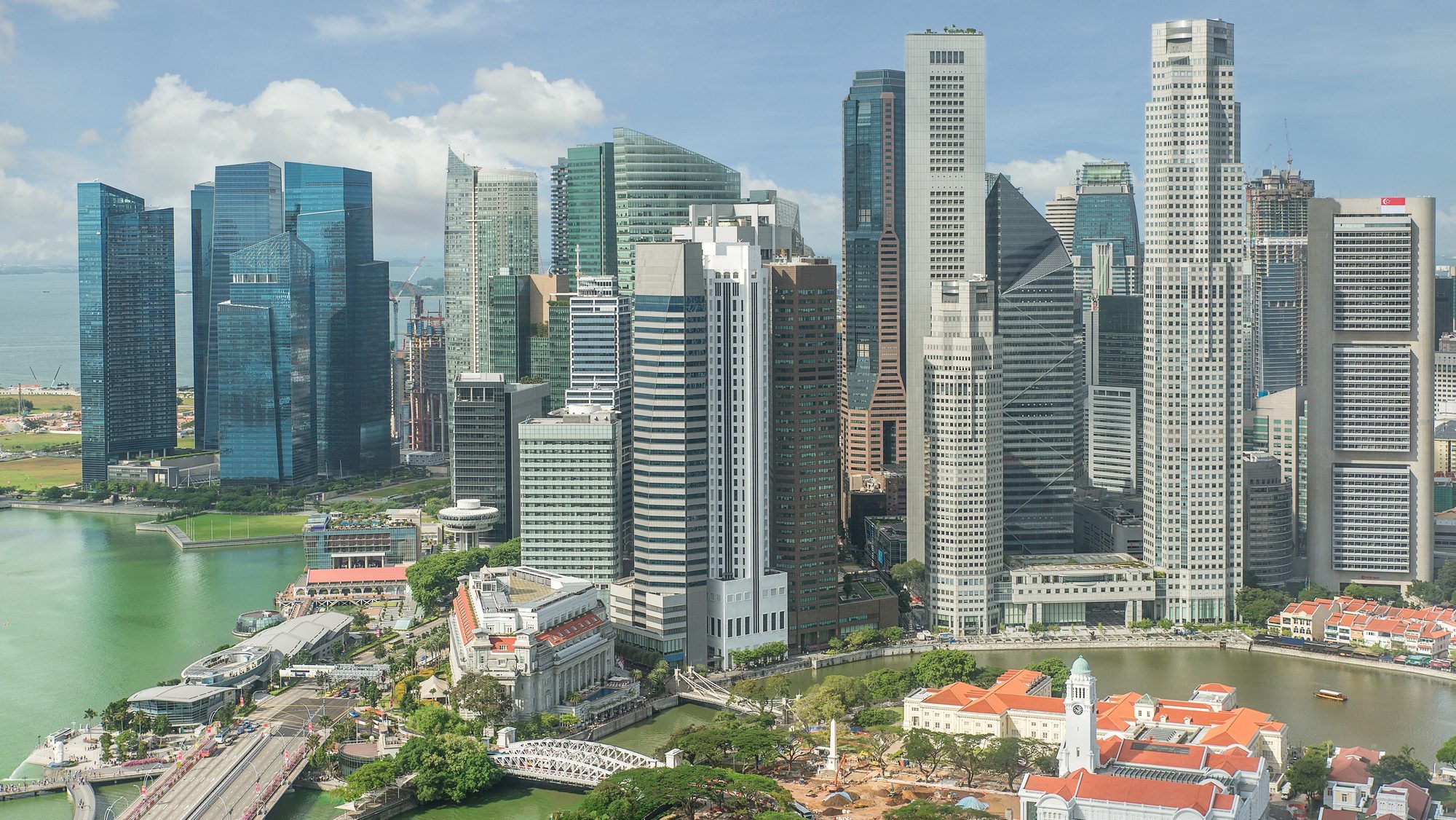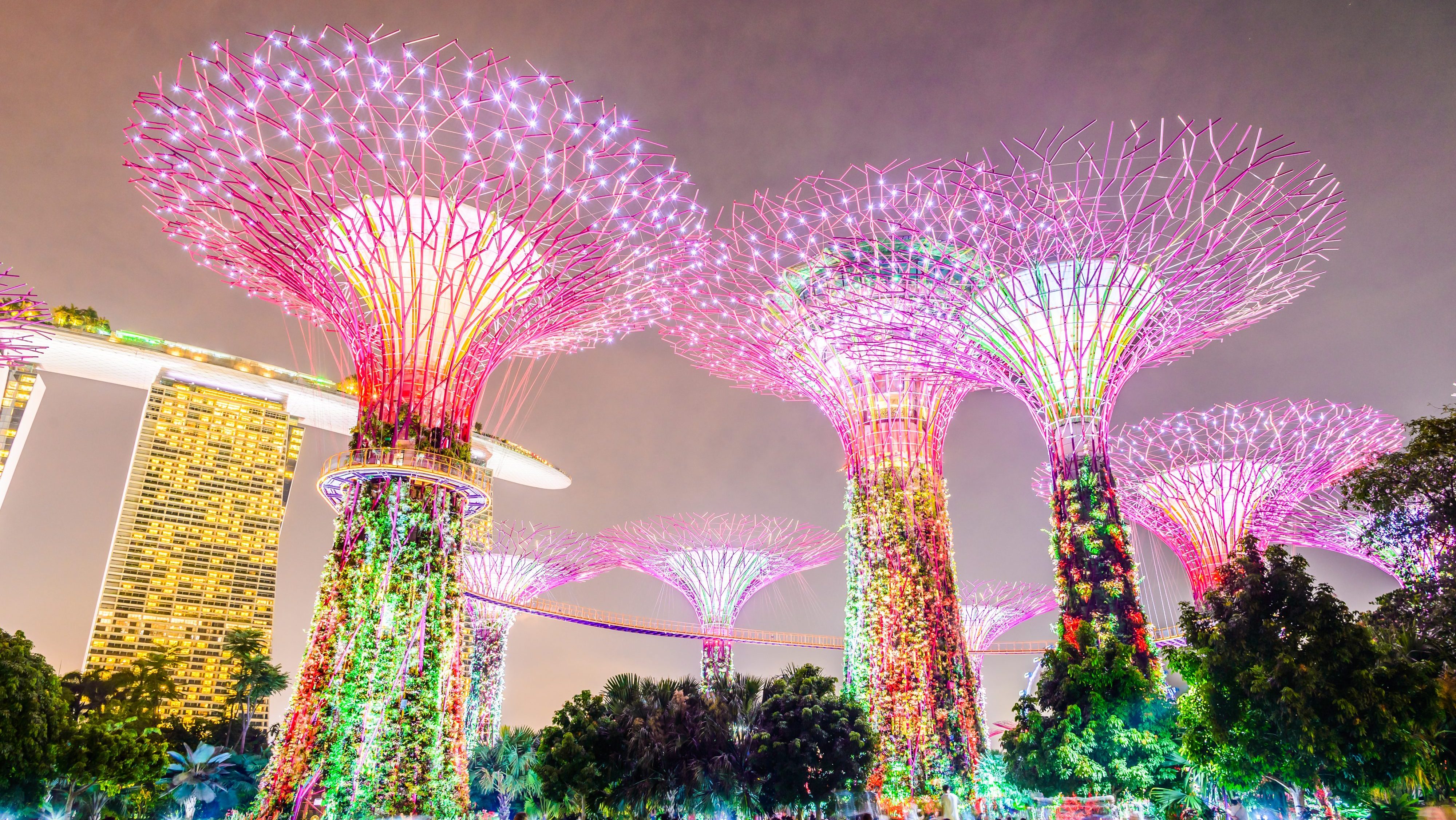SINGAPORE: A local Reddit user took to the platform to vent concerns about their colleagues who refuse to go on medical leave despite showing flu symptoms, characterising this behaviour as “inconsiderate.”
In their April 11 (Friday) post on r/askSingapore, the Redditor addressed the “people refuse to take their entitled MCs (medical certificates),” asking them “Why??? Would it not be great to stay home and rest since you’re unwell?”
Explaining that the employees at the company are required to come in full-time, they wrote that the flu has been going around their office, and many workers have fallen ill. Some have been “considerate enough to take MC and stay home.”
Others, however, choose to mask up but go to work anyway, where they “sneeze and cough intensely.”
“For some reason, they just refuse to take MC,” the post author wrote, adding that they, along with other colleagues, have mentioned to those who come in despite being ill that they should avail of their medical leave days, but they either stay quiet or say they need to work and are unable to work from home.
“While I can do my part to try to stay away, it’s tough if we have to work together,” they also wrote.
And now, after being exposed to sneezing and coughing over the past week, the post author is also starting to feel under the weather, which they are upset about since they have an upcoming trip.
A number of Reddit users have since commented on the post, with many assigning blame to the culture of the workplace rather than on the workers who choose to come in despite feeling ill.
“Probably because the culture of your workplace relates the productivity of staff with the number of MCs taken per year. Your 100% WFO already speaks some volumes. Thus, people have a stigma against taking MC because you see the same people every day. And it will definitely stand out even if he/she disappears for a day,” one wrote.
Another agreed, writing, “Workplace culture that overemphasises physical presence without any exceptions leads to these kinds of outcomes. If they take MC, they may be accused of trying to skip work and will also have more work to catch up on later.”
They added that if the company would allow those who are sick but willing to work from home, this issue is likely to go away, although they admitted that this is a decision for the management to make.
“Some people haven’t learnt their lesson from Covid,” the commenter added.
Another added darkly that if an employee “can infect others (preferably around your same rank or lower) and force them to take MC, they’ll look better simply because they’re in the office more. Coming to work while sick is a good opportunity if you’re hungry enough.”
Others remarked that some bosses appear to have returned to a pre-Covid pandemic way of thinking when many believed that unless an employee was bedridden, they could, and should, come to work.
When a Reddit user wrote that if the post author offered to take on their sick colleague’s workload, it’s likely that they would avail of their sick leave, others agreed. /TISG
Read also: My colleague boasts about never taking MC and comes to work sick


